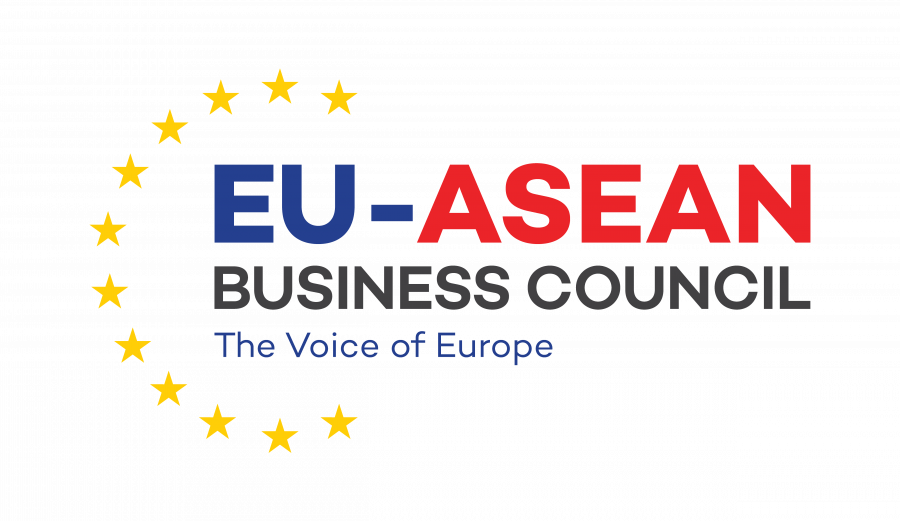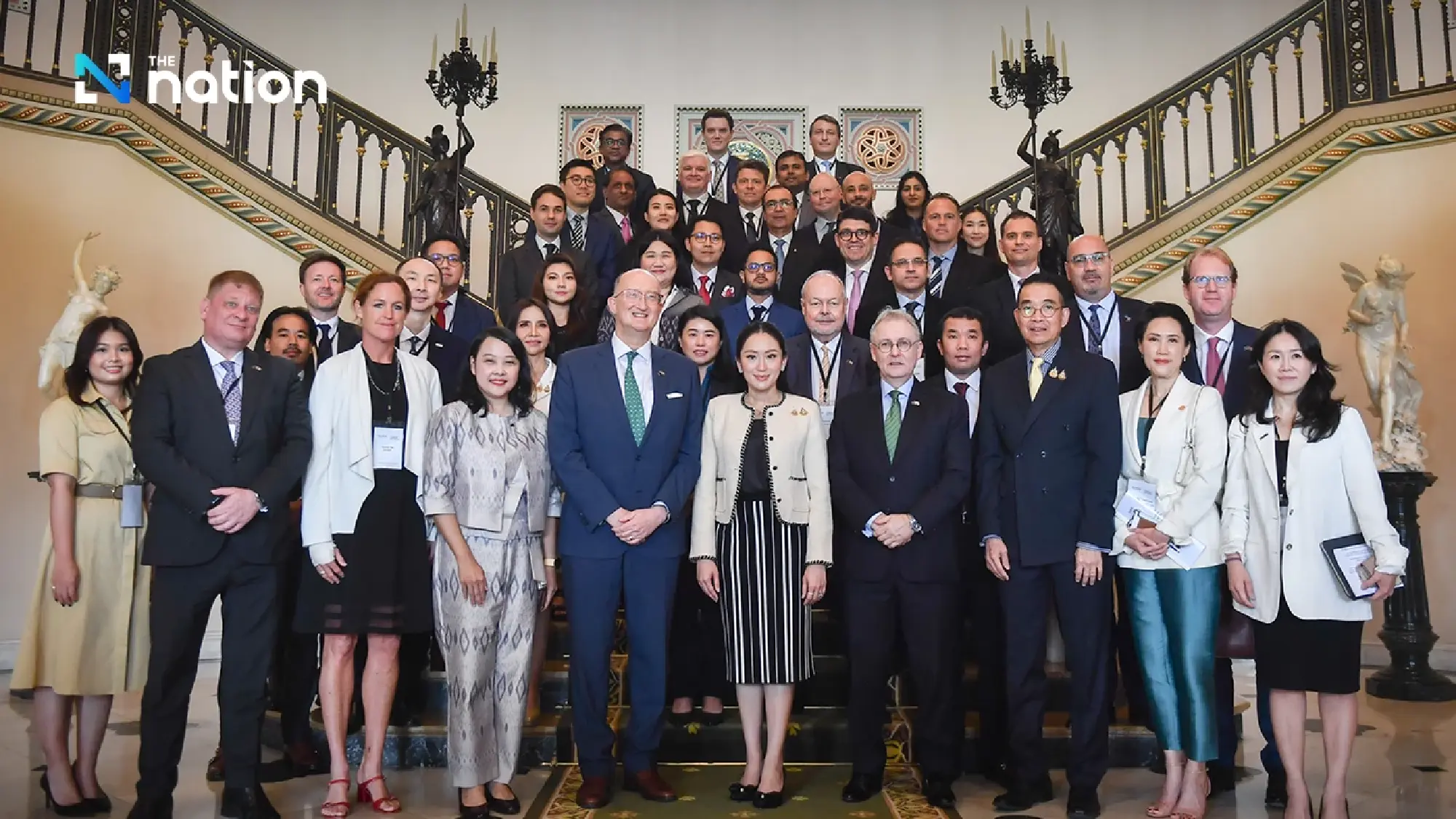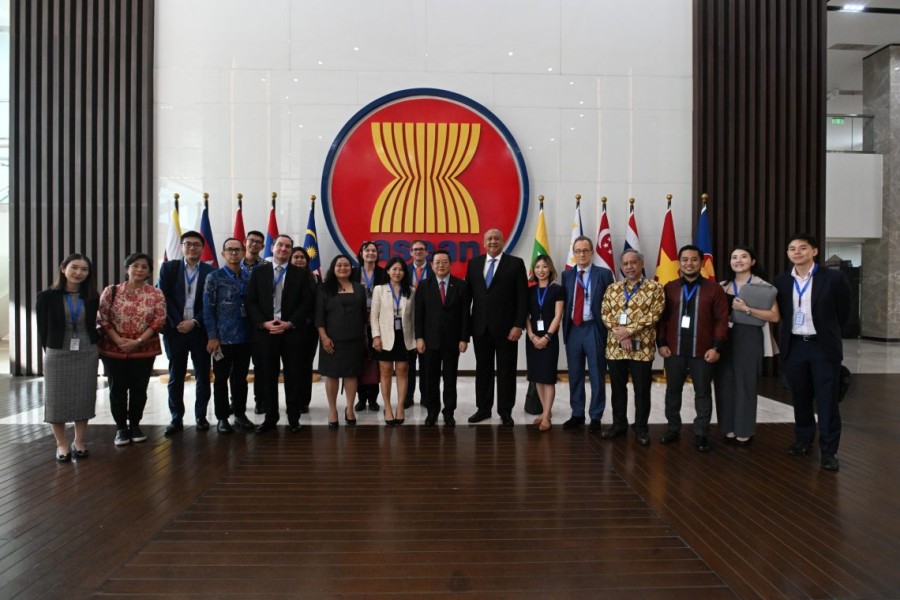
The EU and ASEAN have made their commitments towards achieving a more sustainable economic recovery from the COVID-19 pandemic. With the EU-ASEAN strategic partnership, questions are being asked about how these two partners can work together towards a green recovery.
On 23 February 2021, the EU-ASEAN Business Council (EU-ABC) hosted a webinar titled: “EU & ASEAN: Working Together for A Green Recovery”. The session was opened by H.E. Mairead McGuiness, European Commissioner for Financial Services, Financial Stability, and Capital Markets Union, and H.E. Dato Seri Setia Ir. Awang Haji Suhaimi Bin Haji Gafar, Minister for Development, Brunei, the ASEAN Chair for 2021.
In their opening remarks, H.E. McGuiness and Dato Suhaimi stressed the strong dialogue partnership between the EU and ASEAN, where both regions share a common goal in achieving sustainable and inclusive growth for the future.
The panel discussion featured views from H.E. Igor Dreismans, Ambassador of the EU to ASEAN; Ann Mettler, Vice President, Europe at Breakthrough Energy; Lars Tveen, President, Developing Regions, Danfoss; Dr Helena Varkkey, Senior Lecturer at the University of Malaya, with Don Kanak, Chairman of the EU-ASEAN Business Council, moderating the session. The session was then closed by H.E. Dato Seri Setia Dr Awang Haji Mohd Amin Liew Bin Abdullah, Minister at the Prime Minister’s Office, and Minister of Finance and Economy II, Brunei.
What “Green” Means for the EU and ASEAN
To the EU, Ambassador Driesmans noted that “green” mainly refers to the decoupling of resource usage from economic growth. With that, the EU Green Deal is a growth strategy with an action-driven roadmap that aims to transform the EU into a sustainable, resource-efficient, and competitive economy. From a broader perspective, the Green Deal would act as a basis to incorporate Environment, Social, and Governance (ESG) principles into other policies set by the EU. Stressing that international cooperation is crucial for the success of the Green Deal, Ambassador Driesmans believes that the EU needs to (1) upscale more programmes for cooperation with ASEAN, (2) engage in policy dialogues on a regional and global level to bridge any differences on ESG goals that a partner might have with the EU, and (3) communicate with its partners more smartly.
In contrast to the EU, Dr Varkkey noted that the ASEAN Member States see “green” as using resources more sustainably to achieve its development goals quickly. This is because ASEAN and the EU have different levels of development and therefore ASEAN has a different strategy for development. Given that ASEAN is still developing, decoupling growth and resource usage would not be as easy for ASEAN as it would for the EU. To ensure a good partnership on working towards a green recovery, Dr Varkkey stressed that is it crucial for the EU and ASEAN develop a deep understanding of each other’s unique circumstances and adopt a principle of ‘equal but differentiated responsibilities’. For example, this could mean the EU taking ASEAN-based palm oil certifications seriously or acknowledging that innovation happens in ASEAN. Regardless, Dr Varkkey is optimistic about EU-ASEAN relations, citing the EU-ASEAN Joint Working Group on Palm Oil as a huge sign of progress in overcoming obstacles and in strengthening their partnership against climate change.
To find out more:
Download: Webinar EU ASEAN – Working Together for A Green Recovery
*Document prepared by Ashley Koh, Research Intern of EU-ABC
For those whose missed the webinar, view it here
The team at EU-ASEAN Business Council expresses appreciation to the EU Mission to ASEAN and the excellent panel of speakers, without which the webinar would not have been possible.



